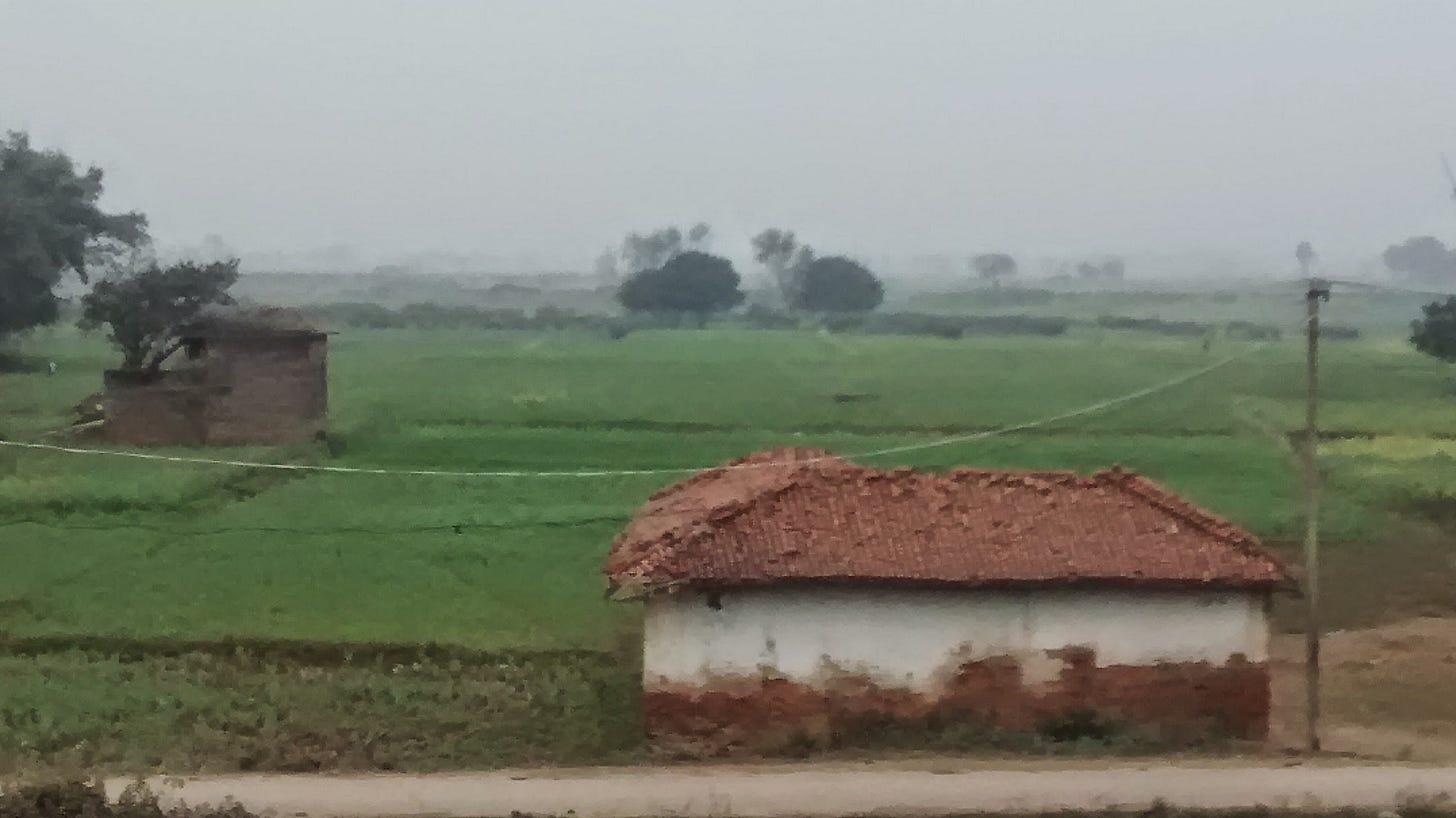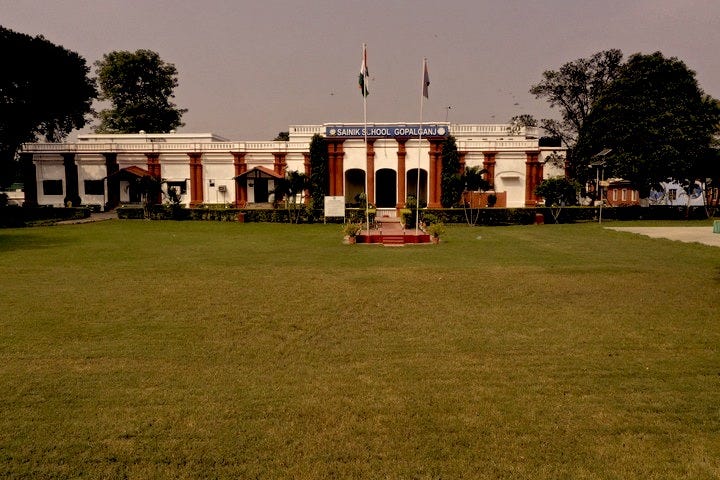What is ‘The Unconventionals’?
Dear readers,
In April’24, I reached a saturation point in my career and decided to seek my next job. However, after a month of job searching, I realised I wasn’t ready to return to the 9-to-5 job—I wanted to create something of my own but I had no idea what that "something" would be. So, I turned to writing “The Reflections of the Lost Millennial” on Substack. It was simple—all I needed were my thoughts and a laptop.
At this time I was reading “The Pathless Path by Paul Millerd” and had an idea. Many regular people choose to leave the conventional path—a job, a business, or any path dictated by societal norms —and create their own path that’s uniquely theirs. But we rarely hear these stories because they don’t fit the traditional definition of success—millionaires, unicorn founders, famous or something big. So I decided to start a series called "The Unconventionals: Folks Who Created Their Own Path." This series is for those of us who are navigating a similar phase in life, seeking inspiration, validation, or simply permission to forge our own way.
The first story features Prashant Abhishek, a 29-year-old from Bihar who built ‘AltSpace’—a co-living and co-working space in Dharamshala—from the ground up. With no experience in construction, no investors, and no bank loans, Prashant with his friends built this space and business while learning on the go. This is the first chapter. I will be publishing one chapter per day for the next two weeks.
Chapter 1: The Guaranteed Path to a Bright Future
“I don’t have any external motivation. I don’t think I even have intrinsic motivation. I just have a never-give-up attitude and I like doing - अगर मुझे कुछ करना है तो करना है, क्या होगा? कैसे होगा? देखा जाएगा I (If I want to do something, I will do it. What will happen? How it will happen? I will see later)” says Prashant.
Maybe that’s how he kept himself motivated, growing up in a small village called Lakhaura in the Purbi Champaran District of Bihar, Prashant came from a lower-middle-class family. He spent his early childhood with his elder brother playing games with cards made from matchbox labels, sleeping while listening to dadi’s (grandma) stories, and celebrating festivals with homemade jalebis. His father, Manindra Kumar Gupta, worked as a LIC agent, while his mother, Meena Gupta, was a teacher at a government primary school.
At eight years old in 2004, Prashant began preparing at a residential school in Motihari for entrance exams to prestigious boarding schools - Sainik School, Netrahat, and Jawahar Navodaya Vidyalaya. These schools were seen as the guaranteed path to a bright future. His older brother was already studying at Sainik School in Purulia, West Bengal, and when Prashant passed the entrance exam, it was both a proud and challenging moment for his parents. They faced a significant financial burden, but they were determined to take it on for the next seven years. Their primary focus was to provide the best education for their children, believing it was the only way to move up in the economic class, especially in Bihar, a state with one of the highest poverty rates in India. So, Prashant left for Sainik School in Gopalganj, about 80 km from his village, to begin his secondary education.
Even at nine years old, Prashant understood the financial strain his education put on his parents. He never asked for anything. He recalls that the only gift he ever received as a kid was a T-shirt, which his parents gave him to celebrate his high scores in the 10th board exams.
P.S: If you liked what you read please show your appreciation by filling the heart below with some love.




Nice work
Waiting for Chapter 2.